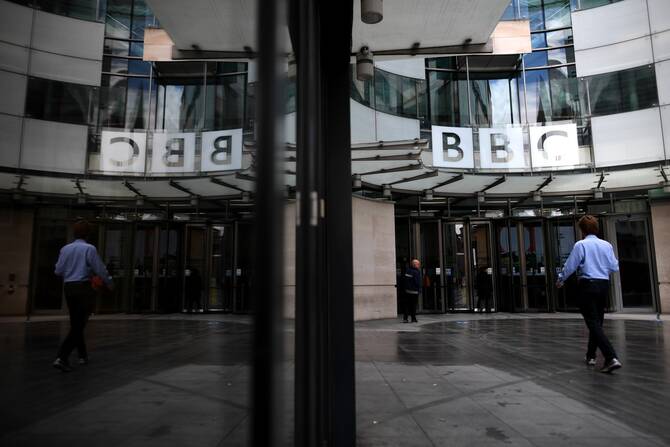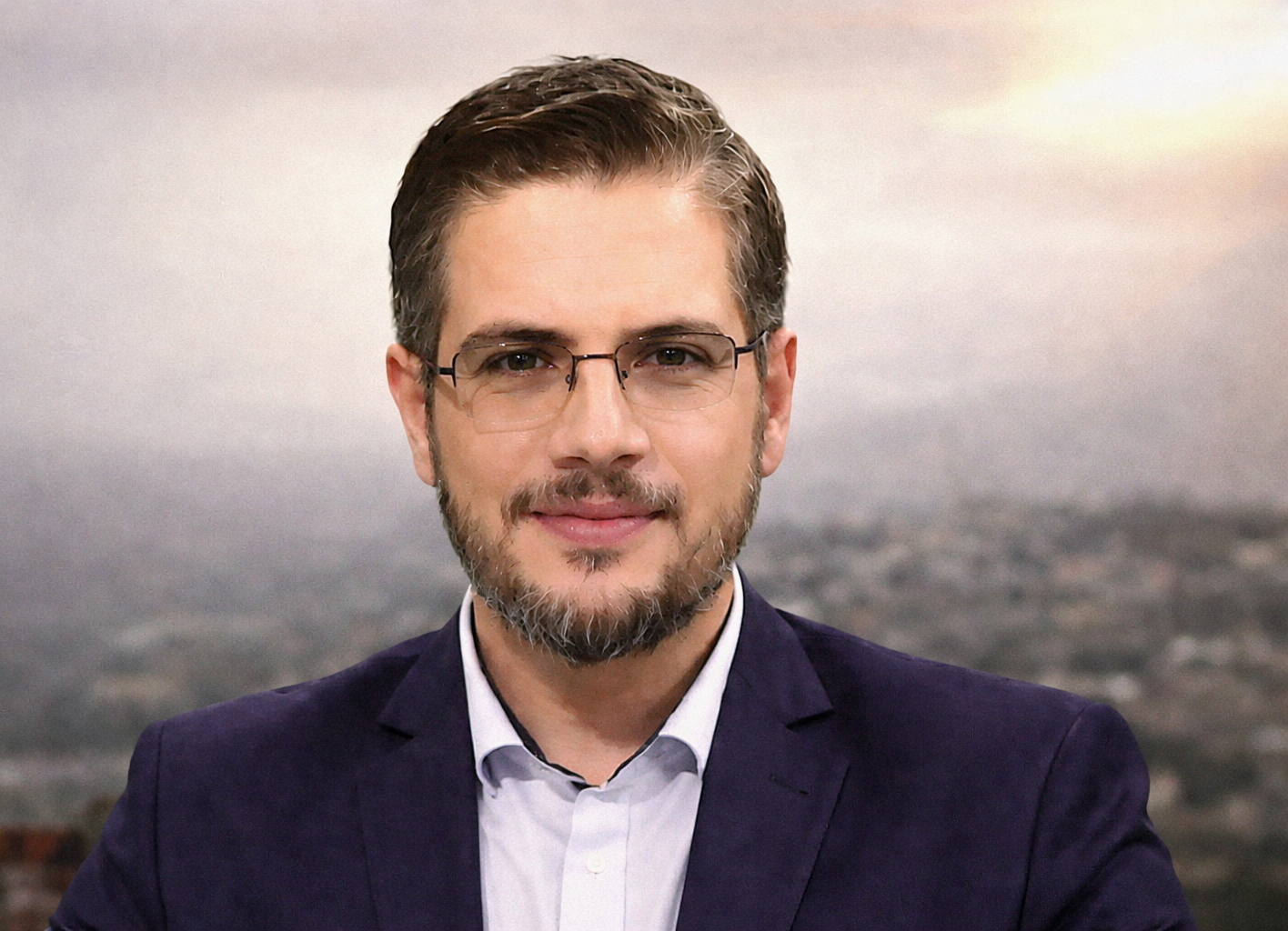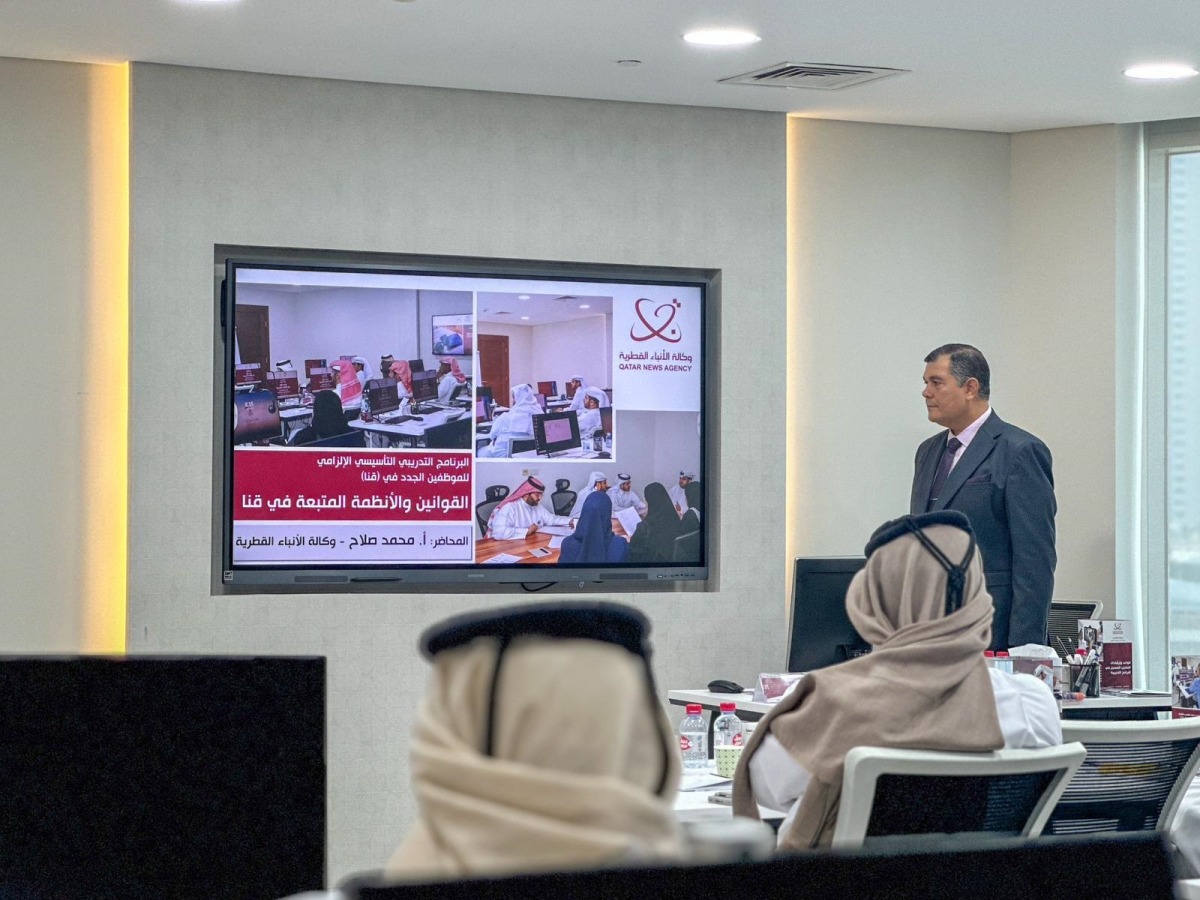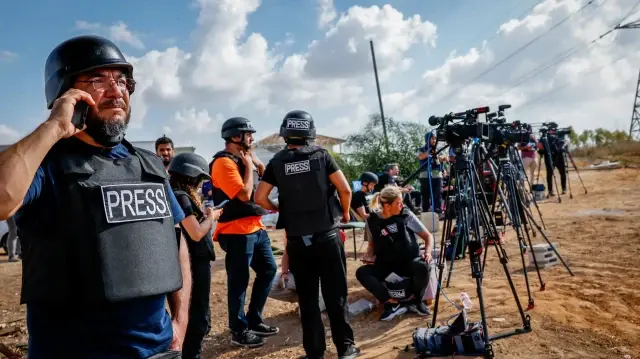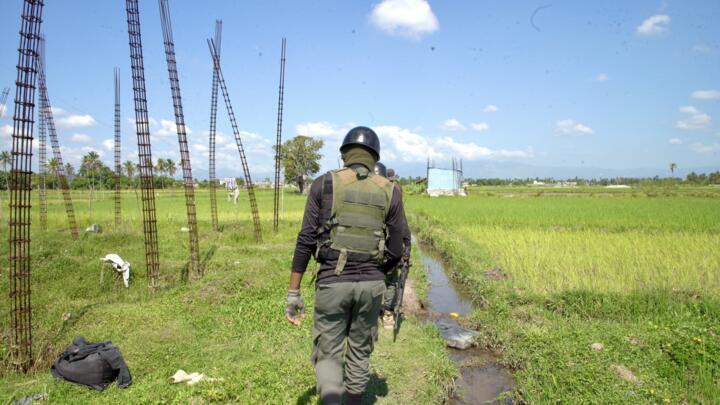
Exposing Power, Silenced by Bullets: The Murder of Gary Tesse and Haiti’s Culture of Impunity
July 4, 2025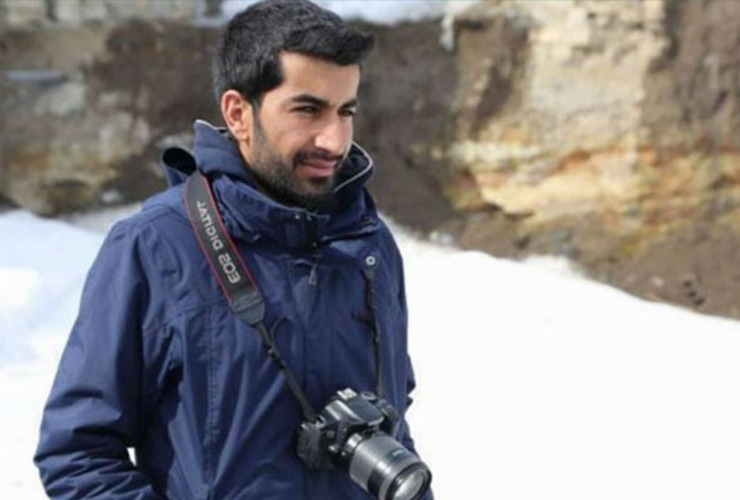
Global Condemnation Mounts Over Turkey’s Arrest Warrant for Journalist Nedim Türfent
July 4, 2025July 04, 2025 – Palestine –
A growing storm of media censorship and internal dissent has erupted across two major platforms—Meta and the BBC, raising global concerns over journalistic freedom and editorial integrity.
Meta’s recent decision to permanently ban The Cradle, a digital media outlet focused on West Asian affairs, has ignited condemnation from press freedom advocates. The Cradle, known for its critical analysis of U.S. and Israeli policies in the region, alleges that its removal from Facebook and Instagram reflects a politically driven effort to suppress alternative narratives. With no clear explanation beyond vague “community standard violations,” the ban underscores what critics call a dangerous trend of Western tech giants controlling the global flow of information. The outlet insists that its journalism is factual and that Meta’s action amounts to digital censorship in an era where online presence is vital to survival.
At the same time, the BBC is facing an unprecedented internal revolt over its coverage of Israel’s war on Gaza. Over 100 current BBC journalists and around 300 media professionals—including actors, writers, and former staff—signed a public letter accusing the broadcaster of acting as “public relations for the Israeli state.” The letter specifically criticizes the BBC’s decision to pull a documentary titled Gaza: Doctors Under Attack, which documented Israeli strikes on medical facilities, and its failure to adequately report on the UK’s arms sales to Israel. Staff allege a culture of fear, censorship, and political appeasement within the newsroom.
Central to the criticism is BBC board member Robbie Gibb, a former political adviser with ties to pro-Israel media. The signatories demand his removal, claiming his influence has contributed to biased editorial decisions and compromised the BBC’s impartiality.
Together, these developments paint a troubling picture. As The Cradle is deplatformed and BBC journalists challenge their own institution’s integrity, a broader pattern emerges: powerful actors—whether tech platforms or political appointees—are shaping what the public can see, hear, and believe. The coordinated backlash signals a deepening rift between journalists seeking to tell uncomfortable truths and institutions increasingly constrained by political and corporate pressures.
Reference –

